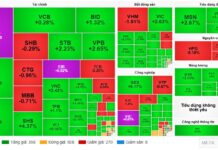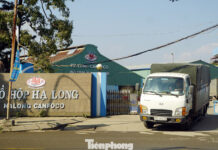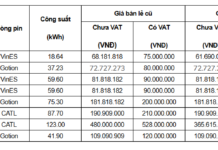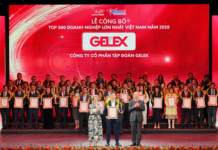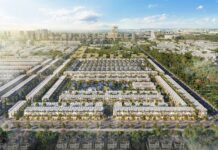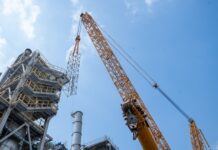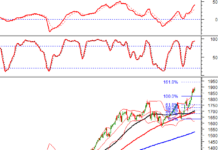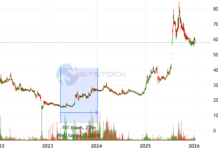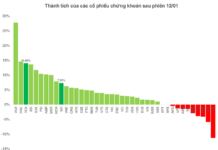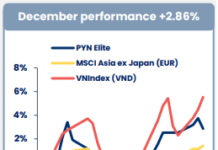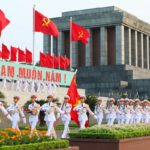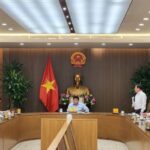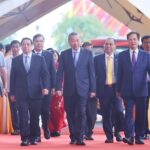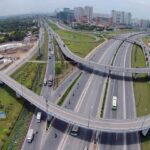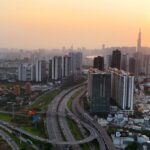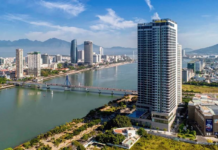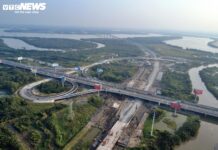For the first time in years, Ho Chi Minh City (HCMC) has surpassed Hanoi in terms of budget revenue for the first seven months of 2025, reaching VND 465 trillion, which accounts for 66.8% of the estimate and a 12.9% increase compared to the same period last year. Tien Phong newspaper had a discussion with Dr. Ngo Minh Hai, Vice Rector of the University of Economics and Finance in Ho Chi Minh City, regarding this matter.
Three Reasons Behind HCMC’s Surge
– Sir, Hanoi has been surpassed by HCMC in terms of budget revenue for the first seven months of 2025, taking the top spot in the country. Could you explain why HCMC has outperformed Hanoi this year in terms of budget revenue?
– The first reason is the merger of two provinces with substantial budgets. Specifically, the former HCMC had a revenue estimate of about VND 520.4 trillion, Ba Ria-Vung Tau had VND 102.65 trillion, and Binh Duong had VND 74.32 trillion. In the first seven months, HCMC’s total revenue after the merger reached approximately VND 465 trillion, surpassing Hanoi’s VND 427.1 trillion.

Dr. Ngo Minh Hai, Vice Rector of the University of Economics and Finance in Ho Chi Minh City
Hanoi experienced robust domestic growth, but it wasn’t enough to offset the loss from the merger. Hanoi achieved an impressive domestic revenue growth rate of around 40% in the first seven months and completed about 84% of its estimate, reflecting the economy’s recovery and acceleration post-pandemic. However, due to HCMC’s expanded boundaries and the cumulative revenue from the merged provinces, Hanoi still ranked second in total revenue, despite its strong performance.
The second reason is HCMC’s substantial revenue from land, which amounted to over VND 65 trillion in the first six months. There was a significant contribution from nine approved large-scale projects, with a combined value of more than VND 43 trillion in Can Gio and the new urban area of Thu Thiem. This year’s revenue from land is expected to reach VND 86 trillion if all 153 projects are implemented. Hanoi, on the other hand, collected over VND 86.7 trillion from land, representing an increase of over 539%, but the absolute figure remains lower than that of HCMC.
The third reason is the government’s effective implementation of supportive policies for businesses, such as tax reductions, exemptions, and extensions, to stimulate production and business activities. These measures provided an essential foundation for sustaining stable revenue. Additionally, enhanced tax loss prevention methods and improved tax debt management also played a role in enhancing revenue quality.
– Considering the structure of HCMC’s budget revenue, is this source of revenue sustainable, in your opinion?
– According to data from HCMC Tax Department, the domestic revenue accounts for over 80%, with foreign-invested enterprises (FIEs) contributing to a nearly 13% increase. There was a slight increase in revenue from non-state-owned enterprises. Personal income tax, value-added tax, and enterprise income tax remained stable. Land and real estate revenue tripled and became a significant highlight.
Revenue from import and export activities, which fall under the jurisdiction of the customs sector, currently accounts for 15-18% and is on the rise due to the recovery of import and export activities, particularly in electronics, textiles, and footwear.
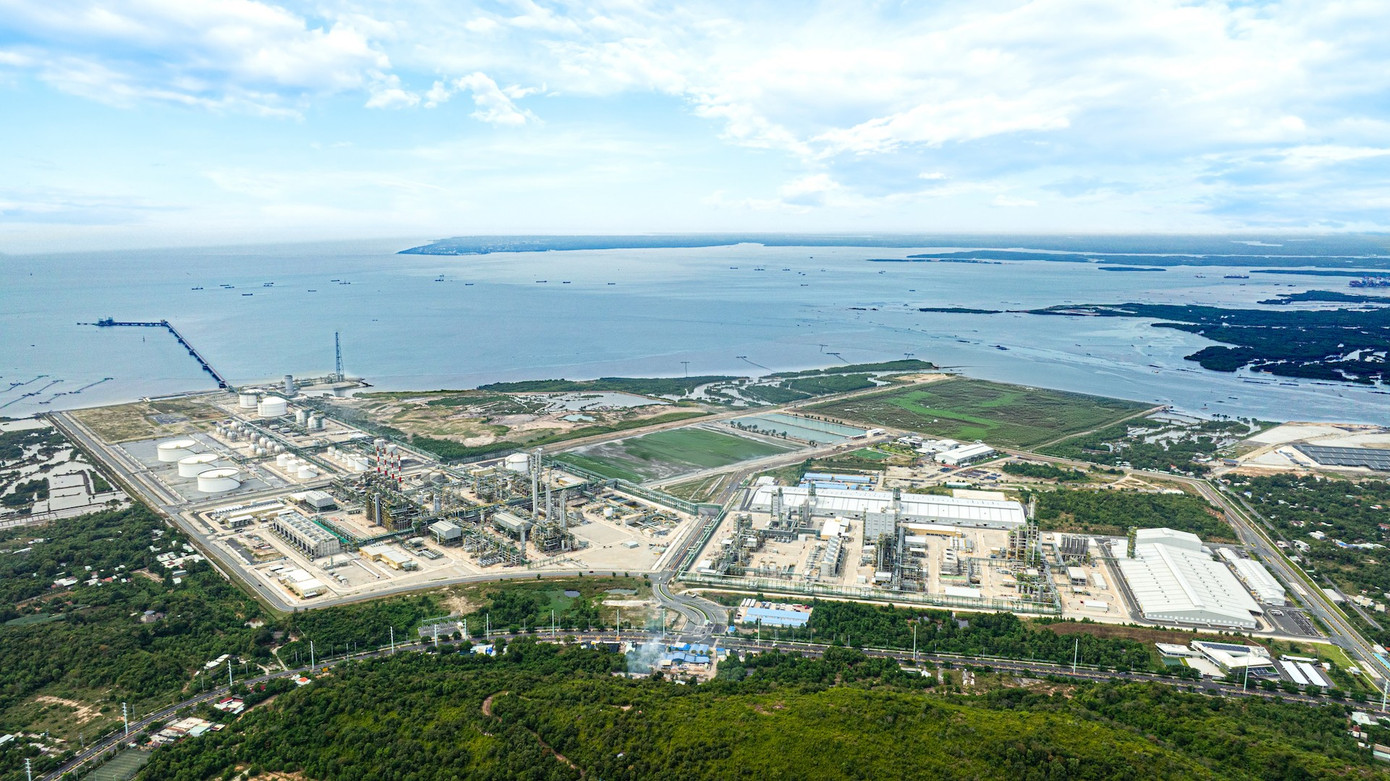
Post-merger, HCMC’s revenue surge is attributed to oil and gas revenue, primarily from the former Ba Ria-Vung Tau province.
Following the merger, oil and gas revenue from Ba Ria-Vung Tau has propelled HCMC to the top position in the country. Land revenue, land auction revenue, and project-specific valuation have all made significant contributions.
Thus, this year’s revenue surge is mainly attributed to real estate and land, along with a stable foundation from taxes and import-export activities. Next year, when the tax incentive policies expire, and as the tax administration system utilizing technology is implemented, revenue from taxes on e-commerce activities will also contribute to stable and long-term revenue. Additionally, corporate income tax is expected to be a bright spot as the economy recovers.
– Not only HCMC but also many other provinces have made remarkable progress in budget revenue after the merger. What are your thoughts on this?
– Currently, most of the increased revenue is due to mechanical summation. In the long run, if localities know how to take advantage of the new space, plan, and attract investment, the merger will create a momentum for sustainable revenue growth. If there is no development strategy, the larger revenue will only be due to summation, and the quality of revenue will not change.
Diversifying Revenue Sources and Periodic Collection
– As you mentioned earlier, the revenue structure is clear. While HCMC has benefited from the merger, what does the city need to do to maintain sustainable budget revenue?
– In the short term, it is necessary to prevent revenue loss and expand the revenue base. Specifically, tighten tax management in the real estate sector, promote cashless payments, ensure that land prices are in line with market values, and prevent under-declaration of transaction values.
In the digital economy and e-commerce, bring cross-border platforms (Facebook, Google, Shopee, TikTok, etc.) into the transparent tax payment framework to avoid revenue loss. Enhance tax management in the FDI sector and among business households to prevent transfer pricing and increase the rate of voluntary declaration and payment. Utilize digital data (AI, big data) to monitor e-invoices, identify tax risk areas, and reduce fraud.
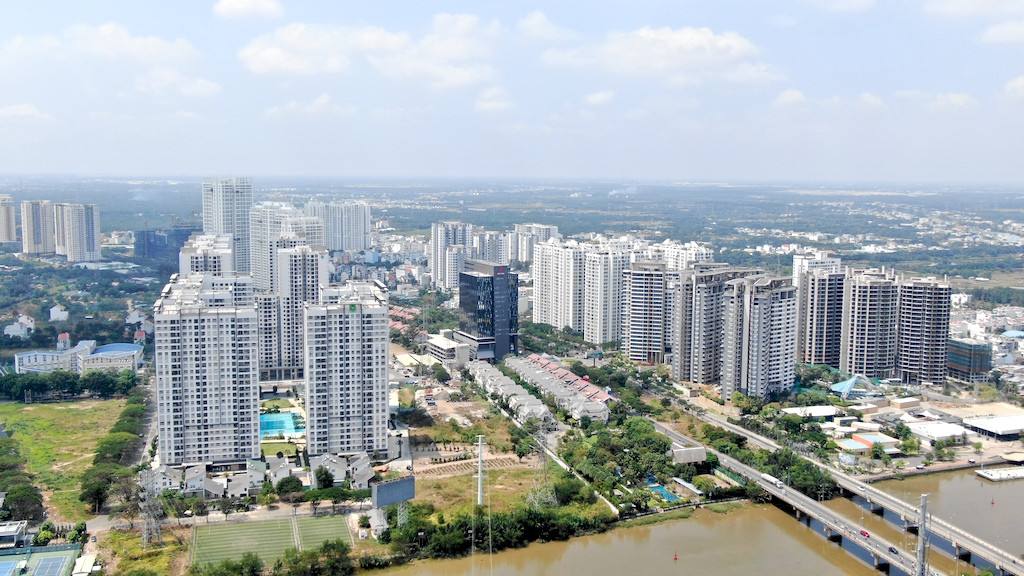
To maintain sustainable revenue, HCMC needs to reduce its dependence on land and focus on nurturing businesses, the digital economy, financial services, and high-tech industries.
In the medium term, there should be a shift from “one-time” collection to “periodic” collection. Reform tax policies related to real estate, moving away from relying solely on “land use fees” (collected once when land is allocated) and instead implementing periodic asset taxes and property taxes to create a stable revenue stream.
Establish a mechanism to capture the added value of land through infrastructure development, such as metro lines, ring roads, and new urban areas. The state should collect a portion of the increased land value for reinvestment and supplementing the regular budget. Expand urban service fees (environmental fees, waste treatment fees, tourism fees, and smart transportation fees) based on the principle of “user pays.”
In the long term, HCMC needs to create new economic momentum. Specifically, develop HCMC into an international financial center to increase sustainable revenue from financial services, banking, securities, and insurance.
Promote high-tech industries and logistics, attract high-quality FDI (AI, semiconductors, biotechnology, healthcare), and expand logistics services in seaports and aviation. Leverage the digital economy and innovation, nurture the startup ecosystem, data centers, and cross-border e-commerce.
HCMC should also ensure transparent budget management, including transparent revenue and expenditure management and public investment project disclosure, to build trust with taxpayers. Reduce recurrent expenditures, increase development investment expenditures, and avoid relying solely on short-term revenue sources. Establish a budget stabilization fund to cushion against potential shocks when the real estate market or import-export activities slow down.
The Ambitious Development Plans of Vietnam: A Thai Perspective
The Nation Thailand has dubbed this an ambitious national development plan, aiming to propel Vietnam as Asia’s “new tiger” and a high-income nation by 2045.

